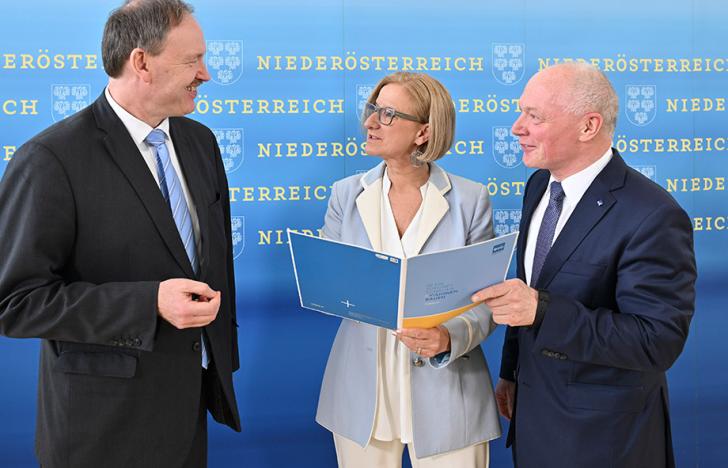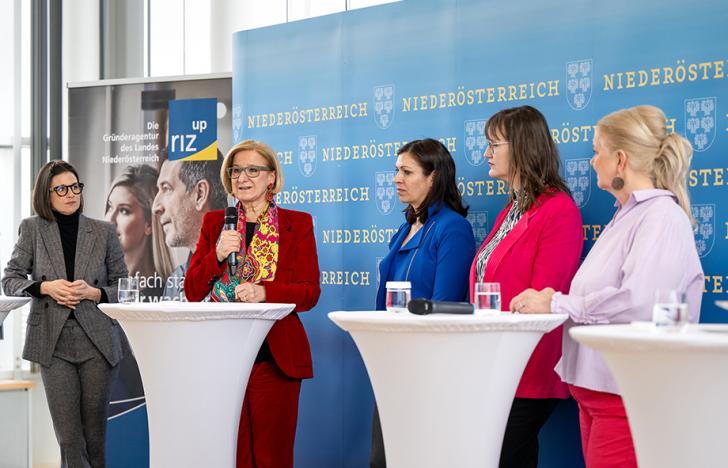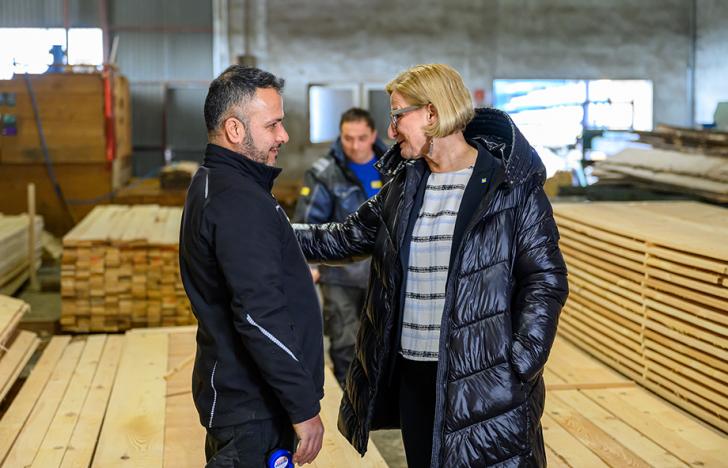Technological innovations for public institutions
 © piqs.de/michel vom berch
© piqs.de/michel vom berchCustomers and suppliers have a high relevance for businesses, in the area of towns and institutions, these are inhabitants as well as companies, and for their servicing modern technologies are also used.
Companies are confronted with a structural change in inner cities. Large shopping centres at peripheries of towns record an active inflow, detailed approaches are needed for small structures in the centres.
Visualised kit system with corresponding interfaces
The town of Graz has commissioned Kapsch BusinessCom with a system where enterprises and the municipal government develop concepts for the town development together. In the community action “Inner town of Graz”, trade companies, restaurateurs, real estate companies and service providers have cooperated in order to define digital marketing concepts or resource planning and opening times through exact measurements of visitor frequencies, planning dates for traffic control.
On the basis of a visualised kit system with corresponding interfaces for further integrations, insights regarding the passer-by frequency, stop rate or stay are derived via optical sensors as well as W-Lan and Bluetooth. “If we know how many potential customers are out and about in the town centre at what times, we can develop very precise offers”, says Martin Auer, from the bakery chain with the same name. During the previous advent period, approximately 140,000 people frequented the Herrengasse in Graz, in the entire town centre it was up to 870,000.
“What online shops are doing for a long time, namely to base their offer and their marketing actions on the basis of data analyses, is now also available for shops in the real world”, says Franz Semmernegg, head of Kapsch BusinessCom.
Outsourcing the IT-Operations
A substantial component of towns is the living space. The BUWOG-Group for example operates more than 52,000 units in the residential sector in Austria and Germany. Parallel with the path to the stock market and the takeover of the German Prelios Immobilien, the decision was made to outsource the entire IT operation and to optimise the coordination of two diversified IT structures IT structures and the intensive service needs.
On the basis of criteria such as flexibility, performances and types of prices, Fujitsu was commissioned with the outsourcing of the IT operation and the complete infrastructure with SAP operation, data storage and telephony was converted to managed services. Tasks as the procurement of workplace computers, establishment of new IT workplaces as well as the operation of an ERP solution are thereby delivered and administered by Fujitsu. On a monthly basis, services can be added or cancelled, and for the basic services, the is a variable usage and payment.
“The BUWOG can move flexibly professionally and concentrate on its core competences. IT is the enabler of the business, IT thus becomes valuable“, accentuates Josef Füricht, Director IT of BUWOG. “One of the plus points was our shared service model with automatic provision of services from the cloud”, adds Peter Ploiner, Project manager at Fujitsu.











